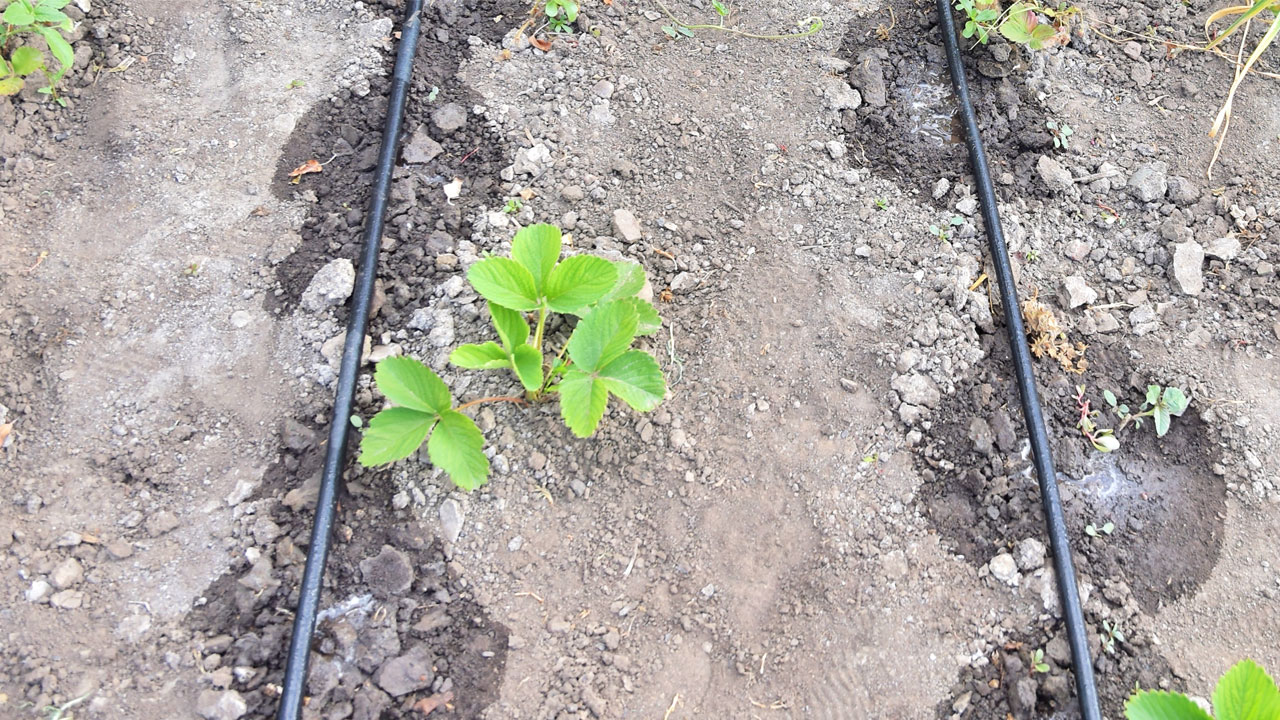Top Tips for Eco-Friendly Drip Irrigation
Mar 23rd 2021
The world is gradually warming, and the weather is becoming more unpredictable. Some regions are experiencing lengthy droughts, while others are becoming subject to more powerful and frequent storms.
It is important for each of us to do what we can to keep the earth in balance. If you live in an arid region, a place that experiences seasonal dry spells or somewhere that has experienced a significant decline in rainfall, it is crucial now more than ever to use sustainable irrigation solutions.
From eco-friendly irrigation techniques for home gardeners to sustainable farming practices in agriculture, the benefits of sustainable farming and gardening are clear. They will help preserve our precious resources for future generations to come.
Drip Irrigation
What is sustainable farming and gardening, and how can you pitch in? One of the easiest ways to start is by setting up and using a drip irrigation system. This type of watering uses far less of our water resources than conventional methods. That can help save the Earth as well as your budget. In addition, drip irrigation offers many other benefits, including the ability to grow healthier, happier plants.
You can assemble your drip system with individual components if you like. But if you are just starting out, a drip irrigation kit offers an affordable, easy start. A kit will give you everything you need for success, including easy-to-follow instructions.
Timers
Even for those retirees among us, it seems there are never enough hours in the day. Have you ever left a hose running in the garden, only to discover a flooded garden bed or worse, a wet basement?
A timer can provide a simple solution to this problem. Just set it and forget it. It will faithfully water your plants according to the schedule you have selected.
Besides avoiding over-watering and under-watering, a timer will also free you to take vacations without having to worry about your crops withering at home. In addition, if you like to water your garden early (which will help limit evaporation and prevent disease), setting your timer for the early morning lets you sleep in while the timer takes care of your morning watering chore.
Weather Sensors
A weather sensor or rain sensor can help prevent over-watering or under-watering automatically. The ability of these devices to measure precipitation means they can tell your timer to limit watering after a significant rainfall. Conversely, they can order your timer to increase irrigation time during significant dry spells.
Rain Barrels
In many places, water can be surprisingly expensive for what is essentially a free resource that falls out of the sky. But you can team up with Mother Nature and take a seat at the table to share her bounty. Simply by using one or more rain barrels, tanks, or cisterns, it is possible to get irrigation water that is basically free.
These large containers also can provide an emergency backup water supply should you have problems with your city water or your well and pump. Hooking up barrels or tanks to your home’s rain gutters is just one of several options available for collecting rainwater. A well-designed system can also help prevent water damage to your home’s foundation by moving water away from it.

